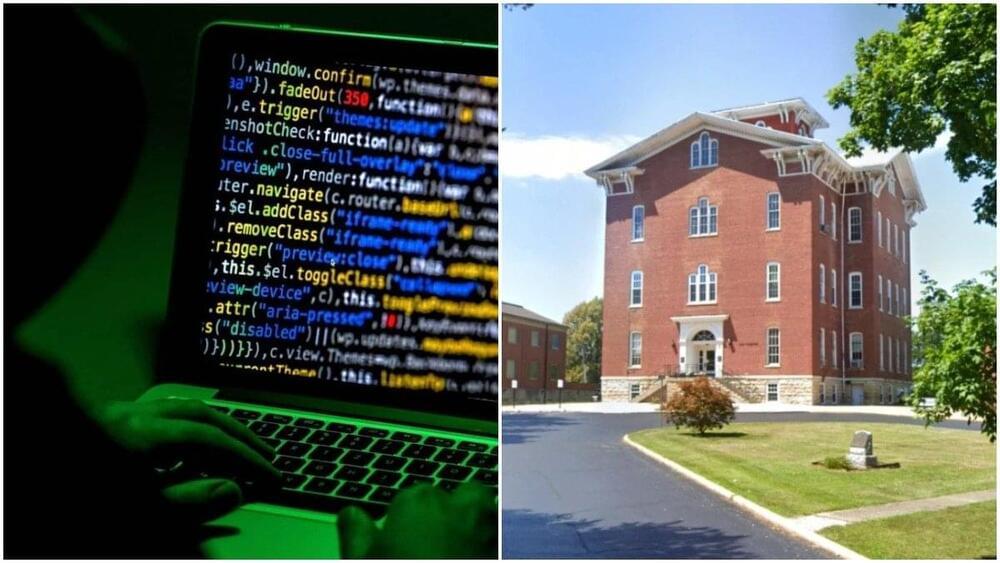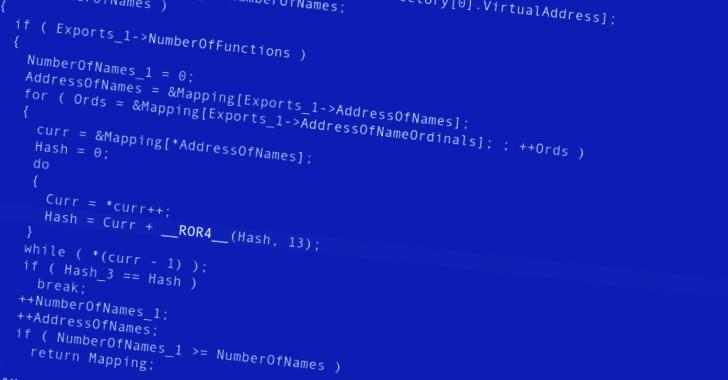R&D & Innovation For U.S. Security & Resilience — Kathryn Coulter Mitchell, Acting Under Secretary for Science and Technology, DHS Science and Technology Directorate, Department of Homeland Security.
Kathryn Coulter Mitchell (https://www.dhs.gov/person/kathryn-coulter-mitchell), is Acting Under Secretary for Science and Technology (S&T), at the U.S. Department of Homeland Security, where as the science advisor to the Homeland Security Secretary, she heads the research, development, innovation and testing and evaluation activities in support of the Department of Homeland Security’s (DHS) operational Components and first responders across the nation.
The Science and Technology Directorate is responsible for identifying operational gaps, conceptualizing art-of-the-possible solutions, and delivering operational results that improve the security and resilience of the nation.
In her former role as the Chief of Staff, Ms. Coulter Mitchell oversaw the operational and organizational needs of the $1 billion, 500-career-employee Directorate. A member of the Senior Executive Service, she was responsible for strategy, policy, organizational development, communications, and planning and she guided the creation of a DHS strategic vision and roadmap for research and development (R&D), the reestablishment of Integrated Product Teams to prioritize and manage DHS R&D investments, and the crafting of strategies for organizational effectiveness. Ms. Mitchell previously served S&T as Deputy Chief of Staff and Senior Communications Advisor for the Under Secretary and Deputy Under Secretary.
Ms. Coulter Mitchell came to DHS after a 15-year career in the private sector and on Capitol Hill. In industry, she provided organizational strategy and communications support to the S&T directorate and the Federal Emergency Management Agency where she authored the communications strategy for the multi-million dollar, multi-agency rollout of Presidential Policy Directive 8 (This directive is aimed at strengthening the security and resilience of the United States through systematic preparation for the threats that pose the greatest risk to the security of the Nation, including acts of terrorism, cyber attacks, pandemics, and catastrophic natural disasters.)







